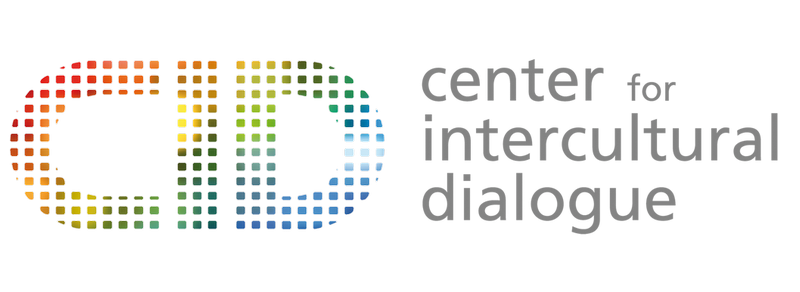Period: 01.08.2016 – 01.12.2017
Partners: consortium from Finland, Spain, Croatia, Macedonia, Albania, Lithuania, Kosovo and Serbia
Aim: to enhance the quality of non-formal education activities in the youth field through supporting critical reflection on dominant paradigms, principles, techniques, processes in NFE and via integration of e-Learning and ICT in youth work in Europe.
The need for the project is twofold. On one side the idea is to open a discussion within youth workers and trainers’ community in Europe, about the dominant paradigms, principles, techniques, processes in non-formal education (NFE), so to strengthen the potential for innovation in NFE activities in the youth field. On the other side, we wish to provide new knowledge and skills to “analog” youth workers and trainers community and find creative ways on how to combine “analog” tools in youth work with digital tools and e-Learning to attract growing number of young people using Internet and Social Networks.
The target groups are active youth workers and trainers active within Consortium that have never lead on-line eLearning course, trainers and youth community work in Europe and young people from 8 countries who have never used eLearning tools.
Activities:
- 1st Activity – Kick-off meeting
- 2nd Activity – Seminar “NFE in Europe reloaded”
- 3rd Activity – Training course no. I “Development of the eLearning skills/ Introduction to Moodle LMS to youth work practitioners”
- 4th Activity – First group of online eLearning courses
- 5th Activity – Mid-term on-line meeting of Project partners
- 6th Activity – Training course no. II “Development of the eLearning skills/ Introduction to Moodle LMS to youth work practitioners”
- 7th Activity – Second on-line eLearning courses
- 8th Activity “Make, Share, Care: Conference on eLearning and Social Media used in youth work in Western Balkans and EU”
- 9th Activity – Evaluation and follow-up meeting.
The main outputs of the initiatives are enhancing the quality of non-formal education and youth work in Western Balkans and EU by building capacity of youth workers, trainers, teachers, educators, researchers from 8 participating countries because those groups have the biggest potential to multiply the effects in their communities because they are working with thousands of young people annually on local, national and international level. Furthermore, young people, with guidance of youth workers, will use the Internet more positively, safely and effectively for purposes of eLearning and exploring and with reduce danger of cyber-bullying, abuse and others risks. The result on all target groups is going to be increased motivation to combine analog and digital tools in youth work in Europe.
